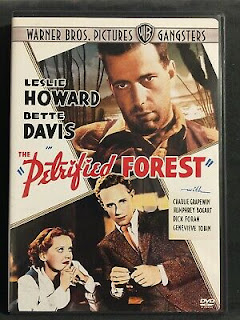The Adventures of Tom Sawyer-by Mark Twain
Another visit with an American legend, Mark Twain. I'd read this book before, and it recently popped back into my mind as I was thinking about the purpose of the arts and literature, and history. To feel engaged with the past, and feel a voice of a former time period reach through and reassure you in your present world, cheering you up in your current circumstance, you can really become nostalgic for a time period you were never part of.
The innocence of the late nineteenth century, in rural southern America (politely disregarding the malicious racism for a literary experience), I love Twain's unapologetic individuality. He's deliberately teasing our notion of what literature is supposed to do. The children's, magical world he describes is accurate to all generations of children, playing pretend. Acting as pirates, or playing cops and robbers, or having superstitious rituals and "voodoo" magic; that moment before you really learn how the world works, and are still filling in all the blanks with your imagination.It's sometimes important to think of a work as published in its time period, and what other genres it may have competed with at the time period. Children's literature nowadays is a popular genre, with its own industry almost, due to how much money there is in it, but I'm thinking about a time period where an entire book dedicated to a childhood experience, told from the eyes of a kid, or a gang of kids, was probably a wildly new and innovative idea. Back in those days, it seems like most publishers would have thought that a child as the centerpiece of a narrative would not have offered enough stamina or charisma for an entire book. Maybe there's not enough going on in children's lives to hold the attention of adult readers...
But Twain is one of those champions of individuality that defied history by "doing his own thing" as it were, creating his own genre and form of storytelling based on his own individual charm that he knows is not easily reproduced or upstaged. The innocence of childhood and the games they play are abruptly brought to an end when the two main boys, Tom and Huck, witness a murder by a gang of adults and are brought in to testify as witnesses.
The general intimidation factor of adults is there, with them poking into the story then and now to give orders and limit the fun of the kids, another highly relatable aspect of childhood, relevant to every era.
People like Twain just go to show what kinds of drama and tension can be pulled from any situation, no matter how simplistic it looks on the surface. The deeper the imagination of the storyteller, and the less they take for granted, the more enriching the experience. The most important character in any story is not the protagonist, but rather, the story teller. If the storyteller is boring, than the events of the plot will fall flat, no matter the content.


